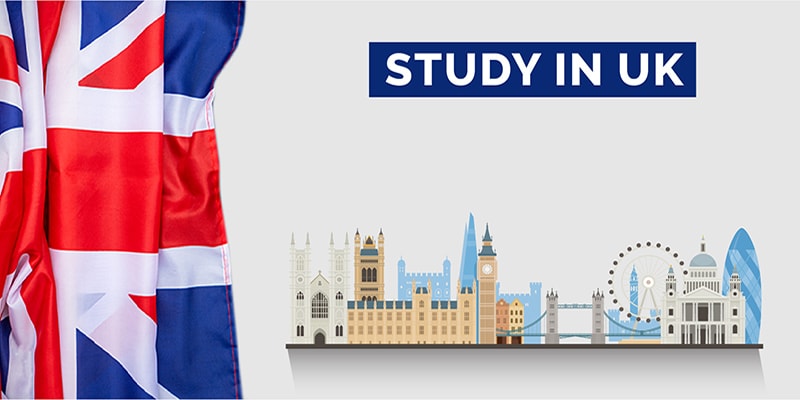What are Academic Transcripts and How to get it?
So many types of qualifications, so many names of certificates… It is quite natural to get confused as to what a transcript is and how it differs from a degree or diploma. What is the purpose of each document and why are these required? Academic transcripts are officially stamped documents that come from the applicant’s institution stating the grades/scores applicant has scored in the subject-wise study.
Let us understand everything in this article pertaining to academic transcripts along with covering the following questions with their answers:
- Where to find or get a Transcript from?
- When and why a Transcript is required?
- How to use a Transcript?
We will discuss all these aspects including the other common names of transcripts to avoid further confusion.
What is a Transcript?
A transcript is proof of education. It has a detailed record of all the subjects you have studied with your scores in the form of marks or grades given by the institution of study.
What is a Transcript of Records (ToR)?
A Transcript of Record (ToR) is merely another name for a Transcript or Academic Transcript. There is no difference between these two or any of the names given below.
Documents known as Transcripts / Common Names of Transcripts
Transcripts are commonly known as mark sheets in India. Given below is a list of documents known as Academic Transcripts or other names of Transcripts:
- Consolidated marksheet
- Mark List
- Academic Certificates
- Report Card
- Diploma Supplement
- Statement of Learning
- Record of Achievement
- Academic Record
- Cumulative Record File (CRF)
- Permanent Record
- Transcript of Records (ToR)
You don’t have to possess all of the above. These are just the other names of your academic transcripts and you need to have some proof to certify the qualifications you have completed to prove your candidature.
What is a Consolidated Marksheet?
Once a student completes his or her course, the university provides a consolidated marksheet to him/her. This mark sheet is also essential while applying for higher education anywhere else. It contains all the academic scores/grades, of all years or semester exams, that a student has received.
What is the difference between a Degree, Diploma, and Transcript?
Though all the documents — Transcript, Degree, Diploma, Certificate, and Mark Sheet — are proofs of completing an education qualification, a Transcript is different than a Diploma or a Degree.
Diploma/Degree/Certificate:
The final certificate you receive upon completing your educational qualification is called a Degree or a Diploma or a Certificate depending upon the nature of the programmed pursued.
Transcript of Records (ToR):
The mark sheet that covers all the academic records of a student is called a Transcript or ToR. It implies a sheet that contains the list of all the courses/subjects studied, grades received against each column, the awards and achievements of the student, and also the degrees granted to the student for the entire academic programme. There is no limit on the information that could be provided in a transcript.
What is a Transcript cover?
A transcript must cover a complete list or table of yearly modules/subjects and practical work that we have studied and conducted throughout the study period. It consists of our marks or grades or in some cases the subject-wise credit value mentioned in it, considering the grading system followed by an institution.








